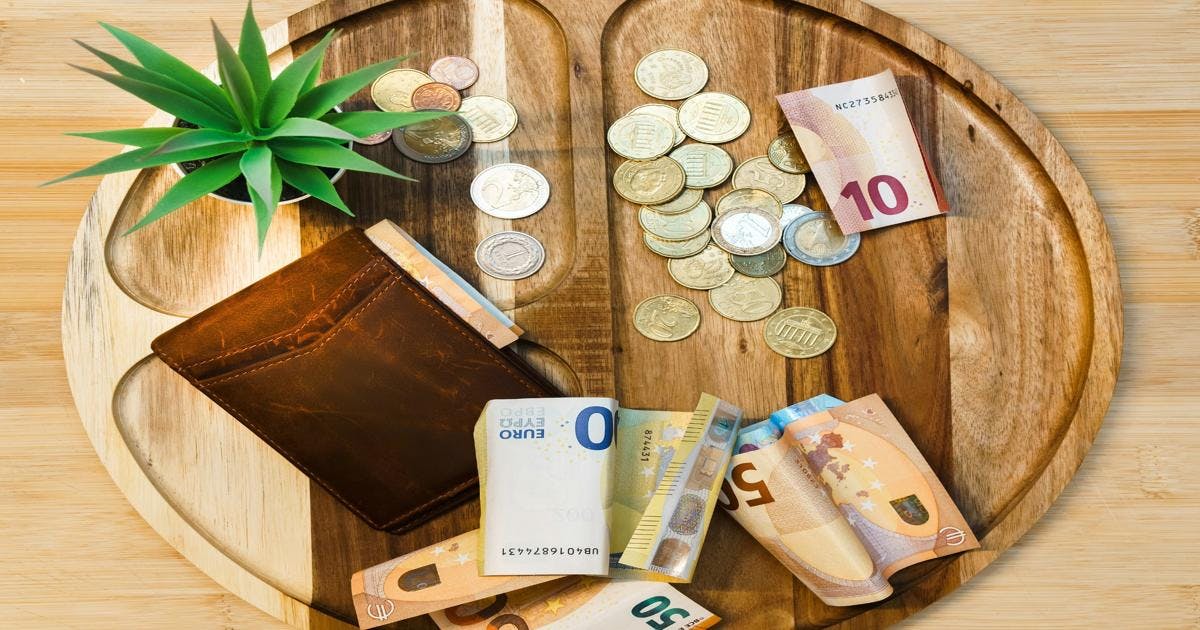
Tax for Teens - Part 4: Tax for Young Entrepreneurs & Creators

Summary
A guide to tax for young self-employed earners and creators in Ireland.
Welcome to the final part of our Tax for Teens series. In the first three parts, we introduced the basics of tax, explained how the Irish tax system works, and showed how tax is calculated for PAYE (Pay As You Earn) workers. But not every teenager follows the traditional employment path.
Many young people today are exploring new ways of earning money — running online businesses, offering services like tutoring or design, or building audiences on social media platforms. If you’re earning money independently, this post is for you.
In this final instalment, we’ll explore how tax applies to self-employed teens, young freelancers, and digital creators.
Who Is Considered Self-Employed?
In simple terms, you are considered self-employed if you are working for yourself, not as an employee. You decide what work to do, when to do it, and how you do it — and you invoice or charge customers directly for your services or products.
Examples of self-employed or freelance income include:
- Selling products on Etsy, Depop, or at markets
- Graphic design, photography, or editing services
- Writing articles or creating content for websites
- Earning advertising revenue from platforms like YouTube or TikTok
- Affiliate marketing and sponsorships
- App or web development
- Private tutoring or music lessons
Even if the income is casual or part-time, it may still be considered taxable, and Revenue expects you to report it properly.
When Do You Have to Pay Tax?
Whether you owe tax depends on how much profit you make. Your profit is the amount you earn after subtracting your business expenses.
In Ireland, everyone is entitled to certain tax credits (such as the Personal Tax Credit and, for employees, the PAYE credit). These reduce the amount of income tax you owe.
For self-employed individuals:
- You are not entitled to the PAYE credit
- But you can still use the Personal Tax Credit (€2,000 in 2026)
- You may also be liable for PRSI and USC, depending on your income level
If your total net income (after expenses) exceeds the tax-free threshold, you may have to pay:
- Income Tax at 20% up to the standard rate band
- PRSI (Pay Related Social Insurance) at 4.2% if you earn more than €5,000
- USC (Universal Social Charge) if your income is over €13,000
If you are unsure whether your income is taxable, it’s always safer to ask for advice or check directly with Revenue.
Use our Tax on Self Employed Income Calculator to estimate your tax liability as a Sole Trader in Ireland or check out our other tools here.
Tax on Self Employed Income Calculator
Calculate your tax on self-employed income as a sole trader in Ireland. Your self-employed profit (or loss) will be added to your employment income to determine your overall tax liability.
Employment Income & Details
Active credits: Personal, PAYE
Tax on Self Employed Income Calculator
Calculate your tax on self-employed income as a sole trader in Ireland. Your self-employed profit (or loss) will be added to your employment income to determine your overall tax liability.
Employment Income & Details
Active credits: Personal, PAYE
Registering as Self-Employed
If you’re earning money through self-employment — even if it’s a small side hustle — you must register as self-employed with Revenue.
Here’s how to do that:
- Create a myAccount or ROS (Revenue Online Service) profile, if you haven’t already.
- Register for income tax using the online Form TR1 (for individuals).
- Once registered, you’ll be required to file an annual tax return under the self-assessment system.
This process may seem daunting, but it’s a key step in staying compliant and avoiding future penalties.
Keeping Records: Your Responsibility
As a self-employed individual, it’s your responsibility to:
- Keep accurate records of your income and business-related expenses
- Retain receipts and invoices
- Track all payments, even if they come through apps, platforms, or cash
Good record-keeping will make it much easier to complete your tax return and prove your income if requested.
Business expenses you may be able to deduct include:
- Raw materials or stock
- Software subscriptions
- Equipment (e.g. camera, microphone, computer)
- Marketing and advertising costs
- Website domain or hosting fees
You only pay tax on the profit, so tracking expenses properly can reduce your tax bill.
Filing Your Tax Return
If you are self-employed, you are required to file a Form 11 tax return under the self-assessment system.
Key deadlines:
- October 31st (or mid-November if filing and paying online via ROS) is the due date for submitting your return and paying any tax due
- You may also need to pay Preliminary Tax for the following year — this is an estimate of the tax you expect to owe
At Irish Tax Hub, we’re proud to support the next generation of entrepreneurs. We assist young people in meeting their tax obligations and filing returns with confidence. Get in touch today to learn more about our special rates for young entrepreneurs.
What If You’re Under 18?
Even if you’re under 18, you can still be considered self-employed. Revenue does not have a lower age limit for taxation — it’s based on income, not age.
However, as a minor, you may need a parent or guardian to assist with registering or managing your tax affairs, especially if there are legal or banking limitations.
Final Advice for Young Entrepreneurs and Creators
- Understand your responsibilities – Even if your business feels small or casual, tax rules still apply.
- Register early – Don’t wait until you’ve made a lot of money. Once you’re earning regularly, it’s best to inform Revenue.
- Stay organised – Use spreadsheets or bookkeeping tools to track your income and expenses.
- Ask for help – It’s completely normal to be unsure at first. Reach out to Revenue, a trusted adult, or Irish Tax Hub if you need guidance.
Conclusion
Being a young entrepreneur or creator is exciting and empowering — but it also comes with adult responsibilities. Learning how to manage your tax obligations early gives you a major advantage, not just in staying compliant but in building a sustainable business mindset.
This concludes our Tax for Teens series. Whether you're earning through a part-time job or launching a creative business, we hope you feel better equipped to handle your tax affairs with confidence.
If you’d like to see future guides on VAT, invoicing, or business banking, feel free to let us know.
The earlier you start understanding tax, the easier it becomes.
Need help filing your tax return?
Our team can help. Choose a plan that suits you.
This blog post is for informational purposes only and does not constitute tax, financial, or legal advice. Tax laws and regulations are subject to change and may vary based on individual circumstances. Readers are strongly encouraged to consult with a qualified tax professional or financial advisor before making decisions based on the information provided. We make no guarantee regarding the accuracy, completeness, or applicability of this content to your particular tax situation.
Found this article helpful? Like and share it with others
Related Posts

Tax for Teens – Part 1: What Is Income Tax and Why Do We Pay It?

In this series, we’ll break down everything teens need to know about income tax in Ireland.

Tax for Teens – Part 2: When Do You Actually Start Paying Tax?

A guide to when teens start paying tax in Ireland and how to understand their first payslip.